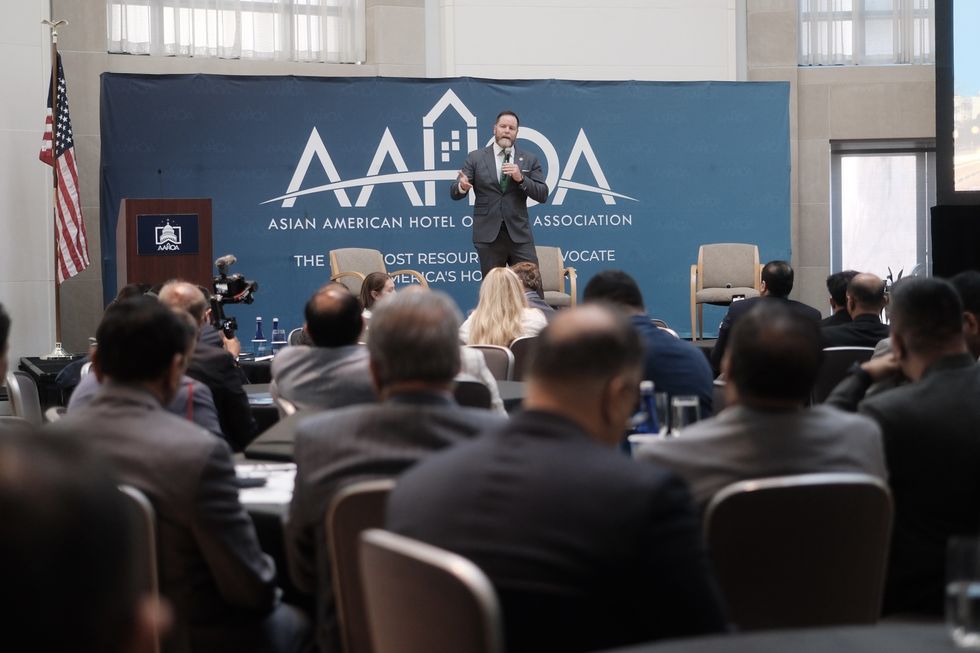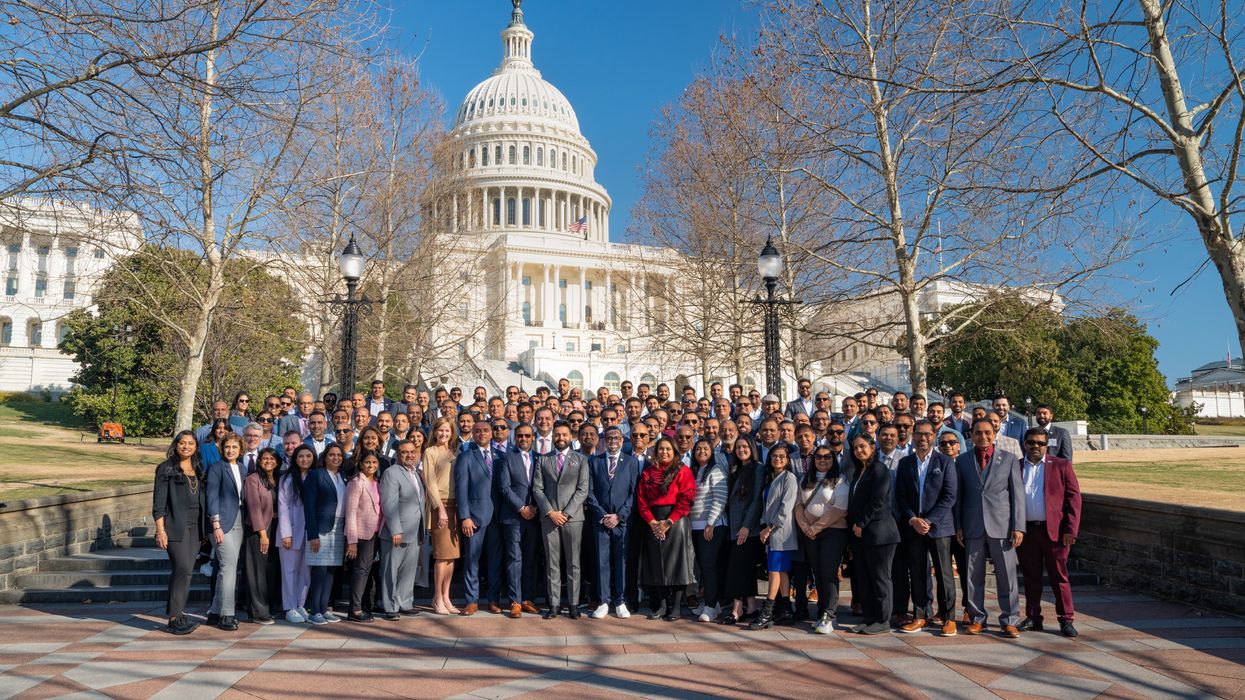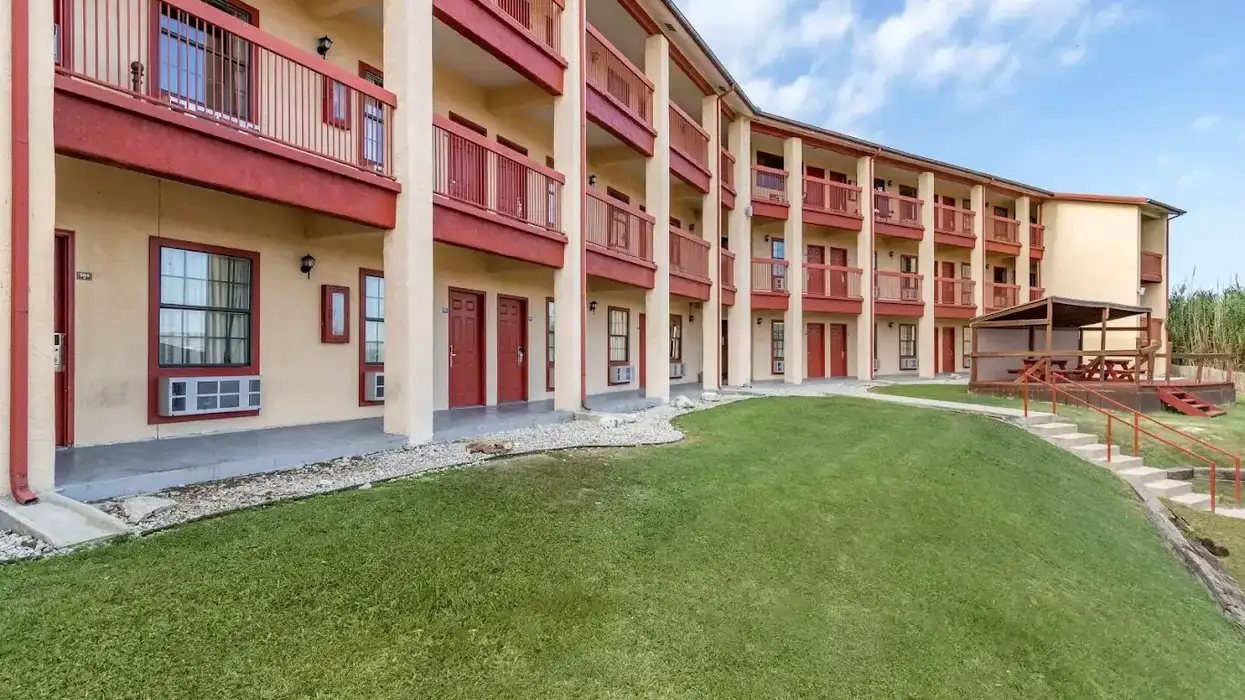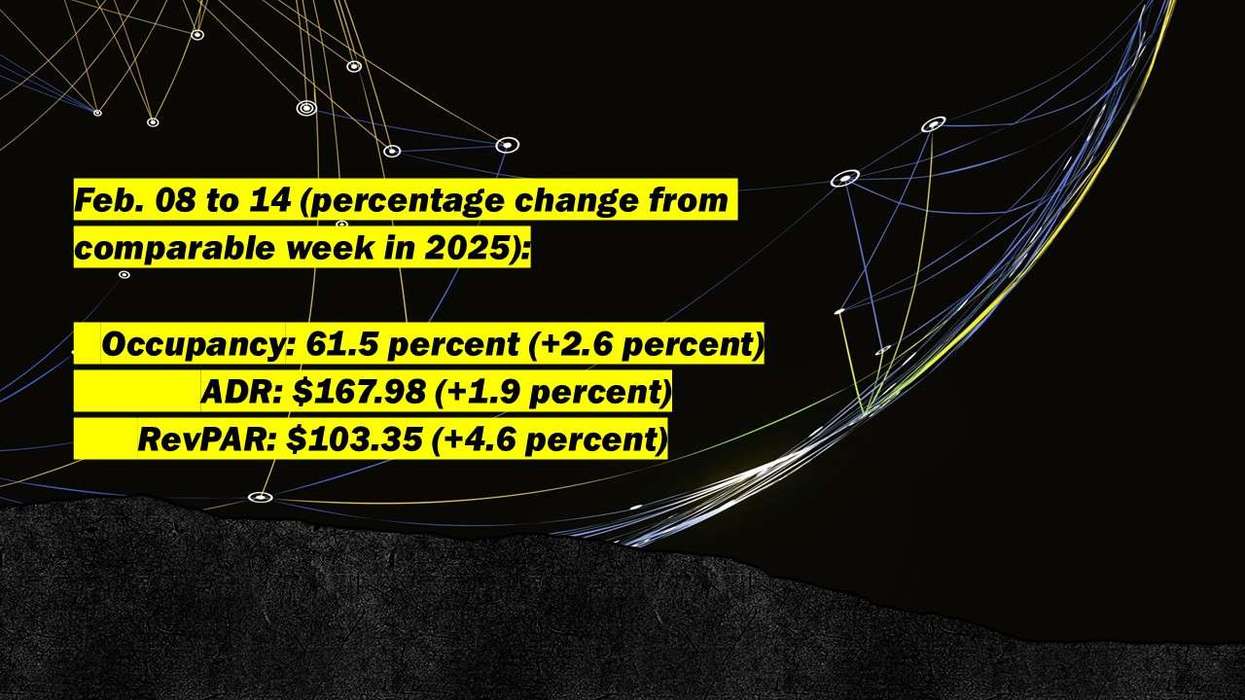AAHOA SNAC 2025: Unleashing Tax Reforms for Profit
AAHOA’S SPRING NATIONAL Advocacy Conference last week advocated for pending legislation important to its members and the hotel industry. The biannual conferences bring hotel owners together each spring and fall to engage with lawmakers and keep their priorities in federal policymaking.
Topics included increasing Small Business Administration loan limits through the LIONS Act, supporting tax reforms, advocating for the Credit Card Competition Act to support small businesses and addressing the labor shortage. SNAC 2025 allowed hoteliers to connect with newly elected officials, AAHOA said in a statement.
"AAHOA members are not just business owners—they are job creators, community leaders, and the backbone of the hospitality industry,” said Miraj Patel, AAHOA chairman. "At SNAC, we ensured that lawmakers heard directly from those on the front lines about the challenges and opportunities in our industry. From expanding access to capital to tackling the labor shortage, these issues are critical to the long-term success of our industry, and we will continue pushing for solutions that help our members thrive."
Day 1 – Advocacy lessons

Republican Rep. Aaron Bean of Florida delivered the keynote, highlighting challenges for small business owners, particularly the need to raise SBA loan limits.
"There is currently a cap of $5 million," Bean said. "Does that even get you a hotel anymore? It does not. We need to increase that limit so you can actually finance your projects."
He also reflected on an AAHOA Back of the House Tour in Florida, emphasizing its role in educating lawmakers.
"Business owners from all over shared their challenges," he said. "I encourage you to invite your state representatives—you know hospitality better than anyone. You're flexing your muscle here and at home—that’s how you tell your story. If you don't make noise, we won't know the full impact."
AAHOA members also heard from Hailey Borden, special assistant to the president and director of business outreach at the White House, who discussed policies supporting businesses through deregulation and tax reform.
"You were a key component in the 2017 Tax Cuts and Jobs Act, which helped you invest in your hotels and employees," Borden said. "We want to do that again—on a larger scale."
The day ended with a Congressional Reception, where AAHOA members met with lawmakers, including Democratic Rep. Judy Chu of California, Republican Rep. Mark Alford of Missouri, Democratic Rep. Raja Krishnamoorthi of Illinois, Republican Rep. Rick Allen of Georgia, Democratic Rep. Shri Thanedar of Michigan, Democratic Rep. Janelle Bynum of Oregon, Republican Rep. Virginia Foxx of North Carolina, Democratic Rep. Darren Soto of Florida, Republican Rep. Michael Guest of Mississippi, Democratic Rep. Marilyn Strickland of Washington, and others.
Day 2 – Legislative priorities
AAHOA members held hundreds of in-person meetings with Congress and staff, ensuring the hospitality industry's priorities remained central. Discussions focused on industry stability, competition, and support for small business owners.
- Expanding access to capital by supporting HR 1893 and S.901, the Loans In Our Neighborhoods or LIONS Act, which increases the SBA 7(a) and 504 loan limits from $5 million to $10 million. This bipartisan bill was introduced by Thanedar, Alford and Republican Sen. Thomas Tillis of North Carolina.
- Enhancing competition in credit card processing through the Credit Card Competition Act, which aims to lower transaction fees and save businesses billions annually.
- Supporting tax reforms by providing targeted relief and extending key provisions.
- Addressing the labor shortage with the Essential Workers for Economic Advancement Act, a bipartisan bill creating an H-2C visa classification for certain foreign workers.
- Other key initiatives included supporting the Hotel Fees Transparency Act of 2025 for clear pricing and combating human trafficking in hospitality.
Laura Lee Blake, AAHOA president and CEO, said when AAHOA members engage, policymakers listen.
"This conference was about more than just discussions—it was about action,” she said. “The hundreds of meetings we had with lawmakers reinforce our commitment to ensuring the needs of hotel owners are prioritized. With a new administration in place, now is the time to shape policies that strengthen small businesses, support economic growth, and ensure the future success of the hospitality industry.”
In 2024, AAHOA prioritized the Credit Card Competition Act, raising the SBA loan limit to $10 million through the LIONS Act, and supporting the Overtime Pay Flexibility Act and SEASONAL Act to address the labor shortage.






